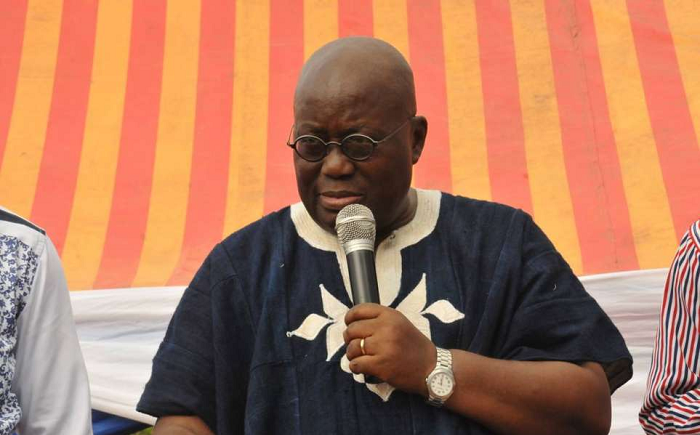
Govt sets up poverty eradication bodies
The government is setting up three development authorities (DAs) that will ensure the successful implementation of the government's Infrastructure for Poverty Eradication Programme (IPEP).
The Bill for establishing the DAs is in progress, and to facilitate its implementation, Cabinet has approved a provisional arrangement to kick-start the process immediately.
The Minister for Special Development Initiatives (MSDI), Mavis Hawa Koomson, announced this at the Western Regional Co-ordinating Council (RCC) in Sekondi at the weekend and explained that the provisional arrangement involved the formation of a 10-member team in each region.
Madam Koomson indicated that the team would be based at the RCC and work in all the constituencies.
Special government programme
The IPEP is a special government programme designed to eradicate poverty, focusing on the 275 constituencies in the country, with emphasis on rural and deprived communities.
Advertisement
Under it, the government will offer to each of the constituencies an amount of US$1 million annually to be invested in infrastructural development.
The IPEP programme aims at supporting other government priority initiatives which include "One district, one factory;" One village, one dam;" "Agricultural infrastructure (warehouses and markets);" "Water for all (boreholes);" as well as "Sanitation (toilets)."
Addressing a meeting of metropolitan, municipal and district chief executives (MMDCEs) and other officers of the RCC, she also explained that through infrastructure needs assessment, each constituency was to provide a list of its 'top' infrastructure needs for funding and implementation.
Role of team
According to the minister, the role of the various teams was to start the constituency infrastructure needs assessment exercise, deepen the consultation process with the metropolitan, municipal and district assemblies (MMDAs) and other stakeholders and work with contractors to execute projects effectively and efficiently.
In addition, she said the members would receive receipts of goods and services supplied and submit to the MSDI, and that they would be absorbed into the DAs when established.
Development modalities/ineligible activities
Madam Koomson further disclosed that funds would be disbursed through the MSDI, under the Office of the President and the Ministry of Finance, while a system would be developed to track the spending of funds at the constituency level.
She again pointed out that the procurement of goods and services would be done in collaboration with the RCC and insisted that procurement of same would follow the Procurement Act and the Public Financial Management laws.
The minister mentioned three items which the IPEP funds could not be used for. They are training and capacity building activities/programmes exceeding one per cent, general research, as well as attending conferences and per diems of participants in community meetings exceeding one per cent of their annual allocation.
Implementation schedule
She said by July 6, 2017, validation of needs assessment ought to have been completed. The completion of procurement process by July 31, 2017, implementation, August 1, 2017 and monitoring and evaluation, August 15, 2017.
Madam Koomson said to ensure value for money, all contracts would be validated before payments were made, while the MSDI and the Ministry of Monitoring and Evaluation (MoME) were collaborating to develop a comprehensive monitoring and evaluation (M&E) framework to track the implementation process.
Institutional arrangements
To ensure a successful implementation of the IPEP, the MSDI minister indicated that seven key institutional roles and responsibilities had been identified, explaining that the office of the President would exercise oversight responsibility of the implementation of IPEP.
She pointed out that the MSDI would also have the responsibility of the programme implementation, while Members of Parliament (MPs) would facilitate at the constituency level and advise on issues relating to the implementation of projects.
